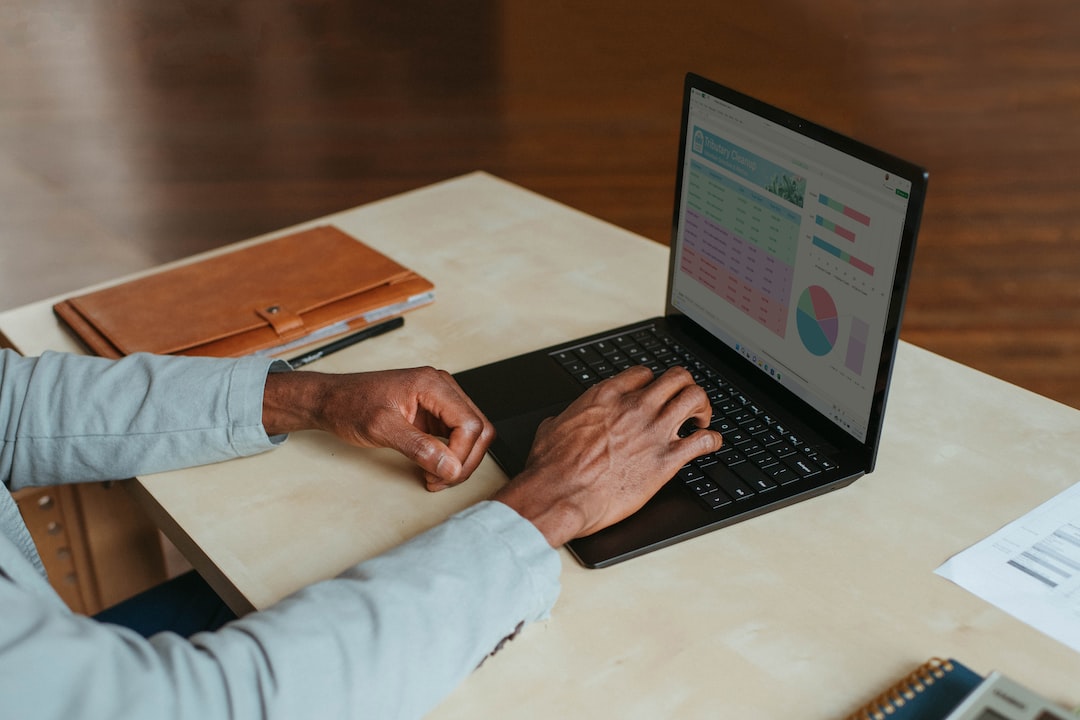Today’s customers and employees appreciate environmentally conscious companies. Making eco-friendly office upgrades is an easy way to improve your company’s environmental impact and boost morale simultaneously.
Replace paper utensils with biodegradable plates, cups and cutlery to minimize waste. Use reusable mugs to eliminate the need for disposable cups and stock break rooms with paperless lunch trays.
Eco-Friendly Design
When businesses shop for recycled pre owned desks, they’re supporting sustainability. This is because it gives old office furniture a second life, rather than sending it to landfills. Shoppers can still meet corporate spec requirements and achieve their desired style through sustainable interior design. A lot of unwanted office furniture ends up in landfills, even though it is mostly in good condition. Some of it may be reassembled, painted in trendy colors and refurbished into items that meet the needs of other businesses. Offices need a lot of supplies, such as paper, but many of these materials can be replaced with green alternatives. For example, offices can use glue sticks instead of staples to bind documents together. This reduces energy use as well as waste production. Another way to cut energy usage is by reducing required travel time. Companies can do this by encouraging employees to work remotely or downgrading to a smaller office space. This will save money on utility bills and help the environment.
Eco-Friendly Functions
Going green can help you protect the environment and save costs. It can also boost your company’s reputation, attract environmentally conscious employees, and please stakeholders and investors. Simple steps can make your office greener, including reducing paper and plastic usage. In addition, consider implementing recycling programs and purchasing recycled furniture. You can also encourage employees to go green by hosting challenges and rewarding adherence.
You can also cut energy use by switching to LED bulbs and installing cisterns for water conservation. You can also install water-saving toilets, showerheads, and urinals and replace old faucets with low-flow ones. Buy fair trade coffee, tea, reusable cups, and lunch bags for breakroom supplies. Also, avoid using staples and use green tape to hold papers together. Finally, plant pothos and other types of plants to improve the office’s air quality. They produce oxygen and reduce stress.
Eco-Friendly Installation
The three big Rs of eco-friendliness are Reduce, Reuse and Recycle. Purchasing recycled products like office furniture is the first step to reducing waste. The second is choosing sustainable supplies like paper and printer toner, coffee and snacks that support fair trade and sustainable farming practices. Finally, recycling and donating used equipment is critical to an office’s sustainability program. Much of a business’s environmental impact comes from the energy used to power its equipment and facilities. Installing energy-efficient lighting and using motion-sensing light switches is a smart way to reduce electricity use. Water conservation is another vital area of environmental responsibility. Installing low-flow toilets and cisterns to capture rainwater will help save utility costs and prevent flooding. Many businesses also encourage their team members to carpool, bike or walk to work, which is a great way to reduce pollution from vehicle exhaust. This is also a good way to keep employees active and healthy!
Eco-Friendly Materials
The environment is a vital resource, and protecting it should be a priority. Your office can make a big impact on the planet through simple and affordable choices. For instance, breakroom supplies can be sourced from companies committed to sustainability. This may include fair trade coffee and tea, biodegradable pens, and paper products that are made from recycled materials. The environmental impact of office furniture starts with the materials used and ends when a desk is no longer usable. Sustainable practices also include reusing and recycling materials throughout the life of a piece. For example, some companies use reclaimed wood from old barns and railways to make new furniture. This material saves trees and reduces energy consumption in manufacturing. Organic furniture is another eco-friendly option that uses fewer chemicals. These products are free of dyes and low in VOC (volatile organic compounds) glues, stains and varnishes. They are also usually made by local manufacturers.

